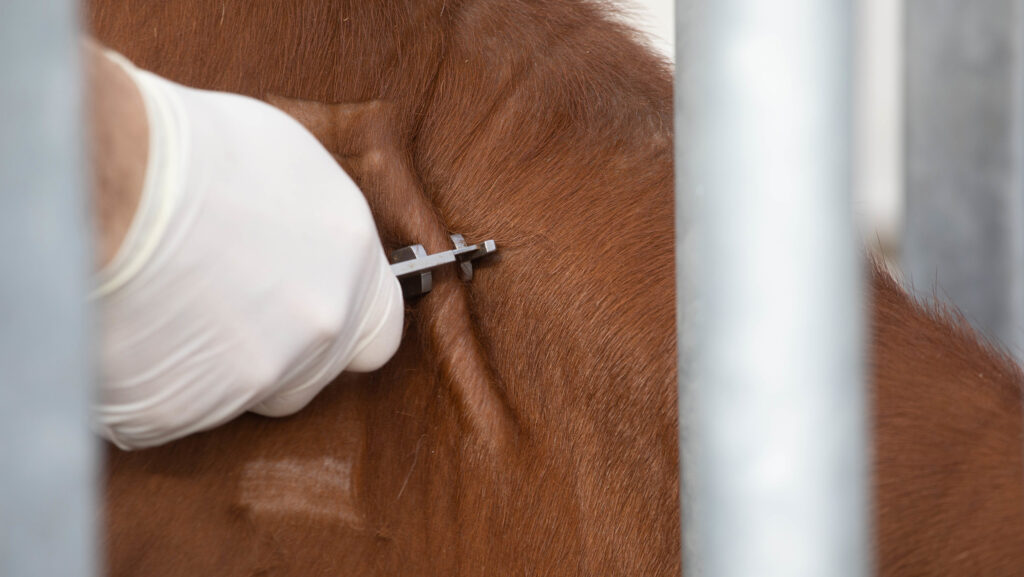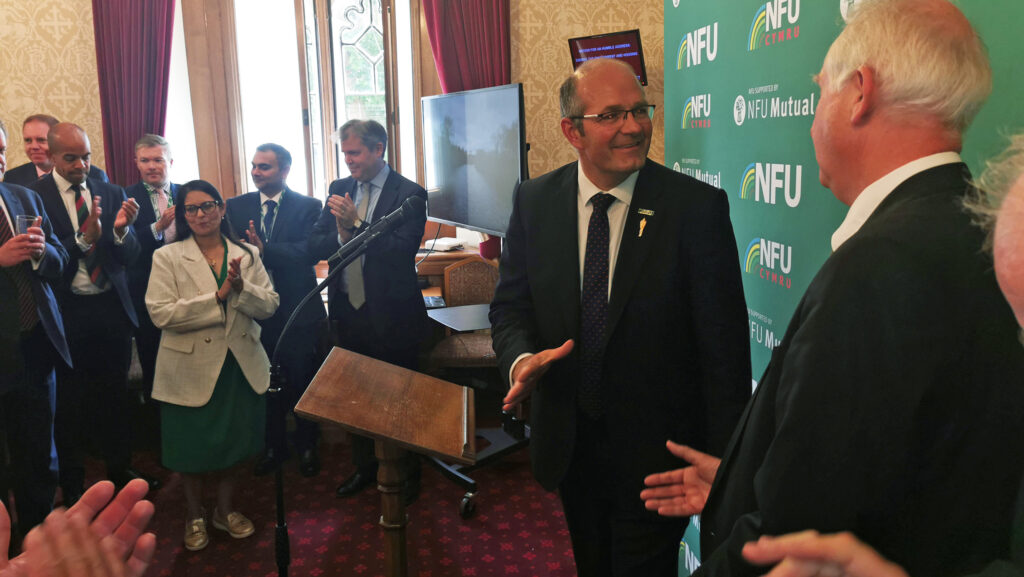Bovine TB eradication my top priority, says Zeichner
 © Tim Scrivener
© Tim Scrivener Bovine TB disease control and eradication is the main priority for Defra’s new farming minister, Daniel Zeichner.
Speaking at an NFU reception at the House of Lords in London, Mr Zeichner said the new Labour government was committed to eradicating the disease in cattle herds in England by 2038.
“We are determined to eradicate bovine TB. The goal is 2038. That’s quite a long time away. But we are absolutely determined to do it,” he told fellow MPs and NFU representatives.
See also: NFU poll reveals farming most valued profession behind nursing
Mr Zeichner said bovine TB is a “complicated issue” and he understood the challenges presented when tackling this “crippling” disease.
“We absolutely believe we can do a lot through biosecurity, herd management and speeding up the development of a [cattle] vaccine that works with an effective [diagnostic] test,” he added.
Mr Zeichner said he recognised that the badger culling debate was difficult and “very intense” and there is “huge passion” on both sides of the argument.
But he added: “The secretary of state has been clear – the current round of [culling] licenses will continue.”
The minister said he firmly believes that the only way the farming industry is going to eradicate bovine TB is by working “closely and constructively together” and “to use all the science and everything we have got to beat it”.
“We are going to beat it, and I’m telling you, you have my assurance,” he added.
View from the NFU
In his address to the reception, NFU president Tom Bradshaw said disease control “must continue to be a priority” for the new Labour government.
“Great progress has been made to date with the TB eradication strategy and it’s essential that this is continued,” he stressed.

NFU president Tom Bradshaw congratulates Defra farming minister Daniel Zeichner after his speech at the NFU reception at the House of Lords © MAG/Philip Case
Mr Bradshaw said the union’s top priority was for government to increase the UK-wide annual agricultural budget to £5.6bn (up from £3.7bn) to give farmers certainty and farm businesses confidence to invest in their businesses in the long term and help the government meet its twin aims of delivering food security and enhancing the environment.
Mr Bradshaw urged the government to translate its “warms words into meaningful policy”.
An NFU spokesperson expressed huge satisfaction with the number of cross-party MPs who attended the reception on Thursday (18 July).
All 100 NFU Back British Farming goodie bags were snapped up by MPs, helping to spread the message about the importance of a strong agricultural sector to policymakers.
7 further farm policy areas Labour has pledged to address
- Food security – “Food security is national security”, according to Labour, which says enhancing the nation’s food security is at the centre of its mission to grow the economy
- Rural crime – Labour has committed to producing a first-ever cross-government Rural Crime Strategy to tackle farm theft, fly-tipping, livestock worrying and other issues
- Environmental Land Management (ELM) – Labour is committed to working with farmers to ensure ELM works for farmers and delivers both for food security and the environment
- Trade deals – Ensure British farmers are not undercut by low animal welfare and environmental standards in trade deals
- GB Energy – Publicly owned green energy company aims to increase renewables, speed up planning decisions to allow farmers to plug renewable energy into the National Grid and slash people’s energy bills
- Fairness in the supply chain – Labour has promised to create a supply chain taskforce to enforce stricter rules to ensure ethical practices in supply chains
- Mental health – Labour plans to tackle mental health and loneliness by launching a mental health hub in every rural community
